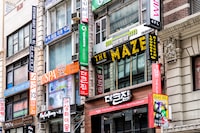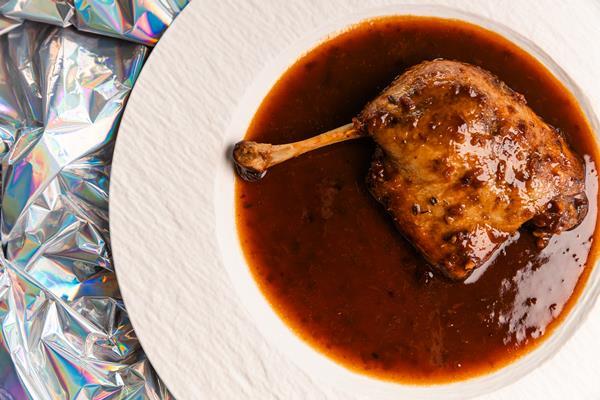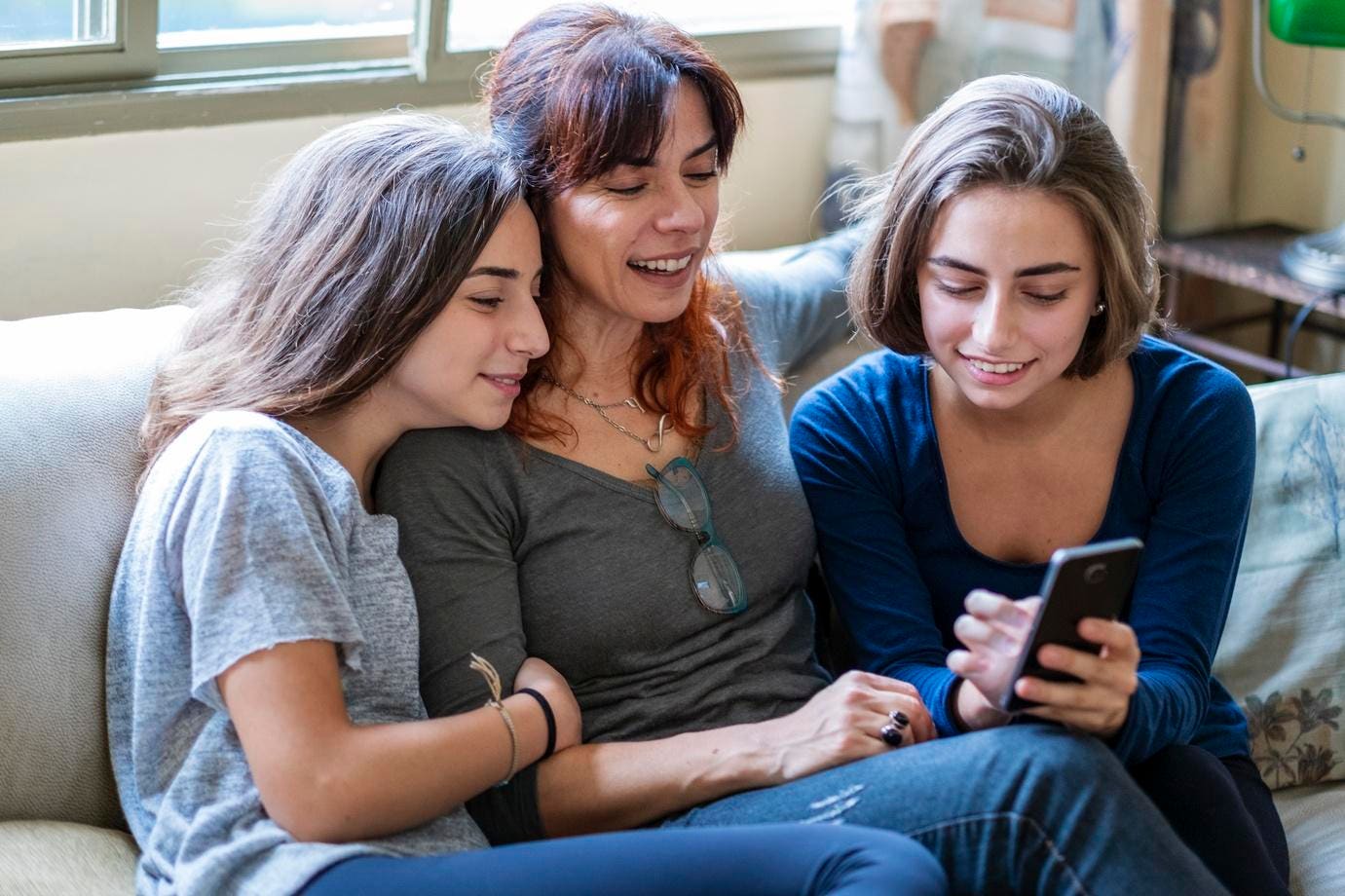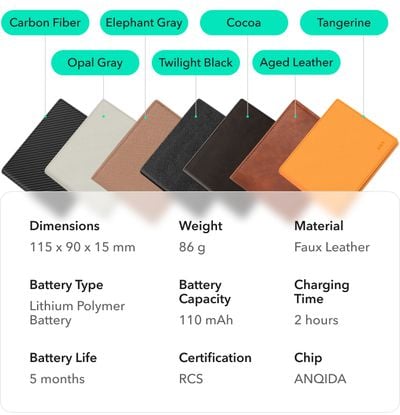Fans of Spike Lee’s trailblazing 1989 film “Do the Right Thing” may recall the young Korean couple who owned a corner store in Brooklyn’s Bedford-Stuyvesant neighborhood. A neighbor wondered suspiciously how people he assumed to be newcomers had amassed enough cash to open up a shop.
The scene, a vivid example of the racial tensions the movie explored, raised an intriguing question: How were Korean immigrants — some newly arrived and speaking little English — able to open so many stores in big cities across America in the 1980s and 1990s?
For many, the answer is the “keh,” an ancient crowdfunding tradition that, in modern form, is sometimes referred to as a rotating savings and credit association (ROSCA). Versions of this financing alternative are common to an array of immigrants looking to open small businesses in the absence of conventional options: Latin America has the tanda; West Africa and the Caribbean have the susu; China has the biao hui.
These traditions followed many immigrants to the United States and are still going strong today. Here’s what to know about them.
Source: bing.com



